First Commemorative-Sized Definitive Booklet Stamp
On March 29, 1985, the USPS issued its first definitive booklet stamp in the larger commemorative size. It was created for use in vending machines and to test the popularity of the format.
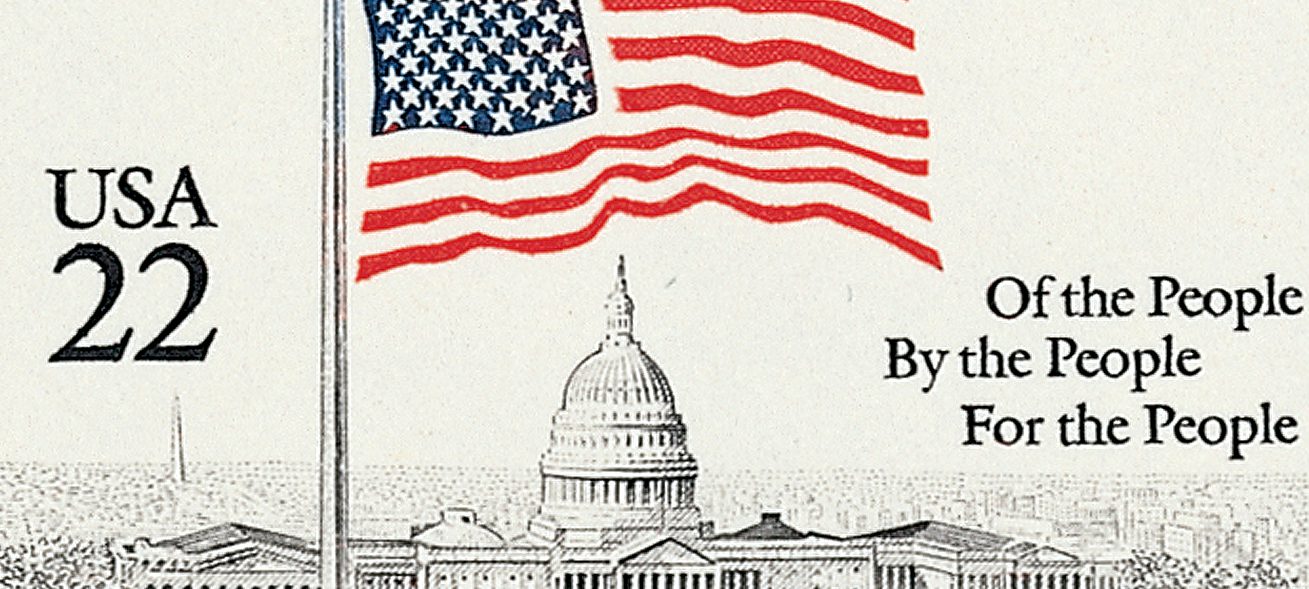
On March 29, 1985, the USPS issued its first definitive booklet stamp in the larger commemorative size. It was created for use in vending machines and to test the popularity of the format.
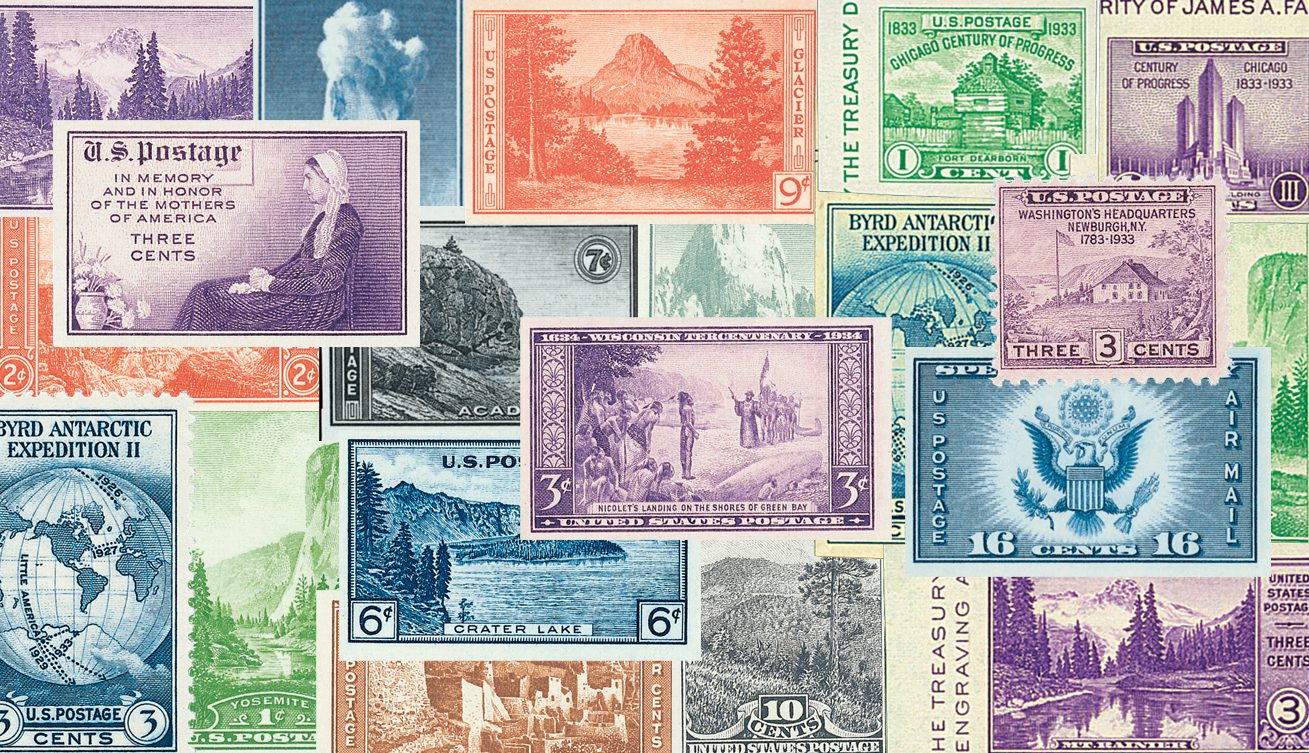
On March 15, 1935, the US Post Office reissued 20 stamps known as “Farley’s Special Printings,” which were the result of the biggest stamp scandal of the time – “Farley’s Follies.”
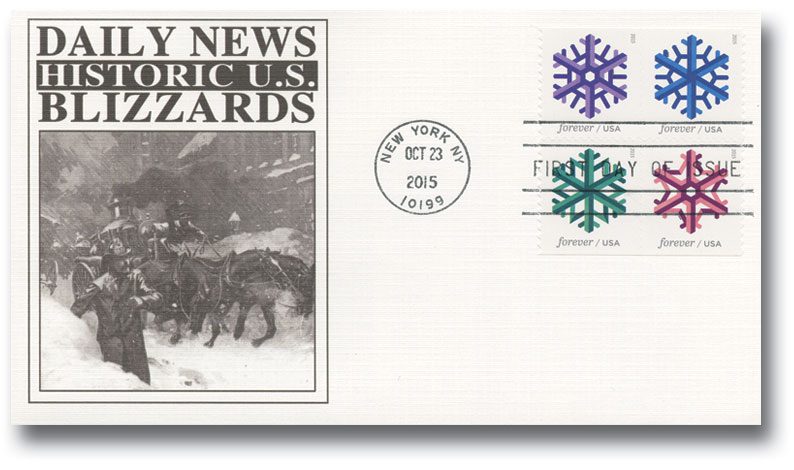
On March 12, 1888, a short-lived blizzard mail service delivered letters to New York City during one of the worst storms in history.
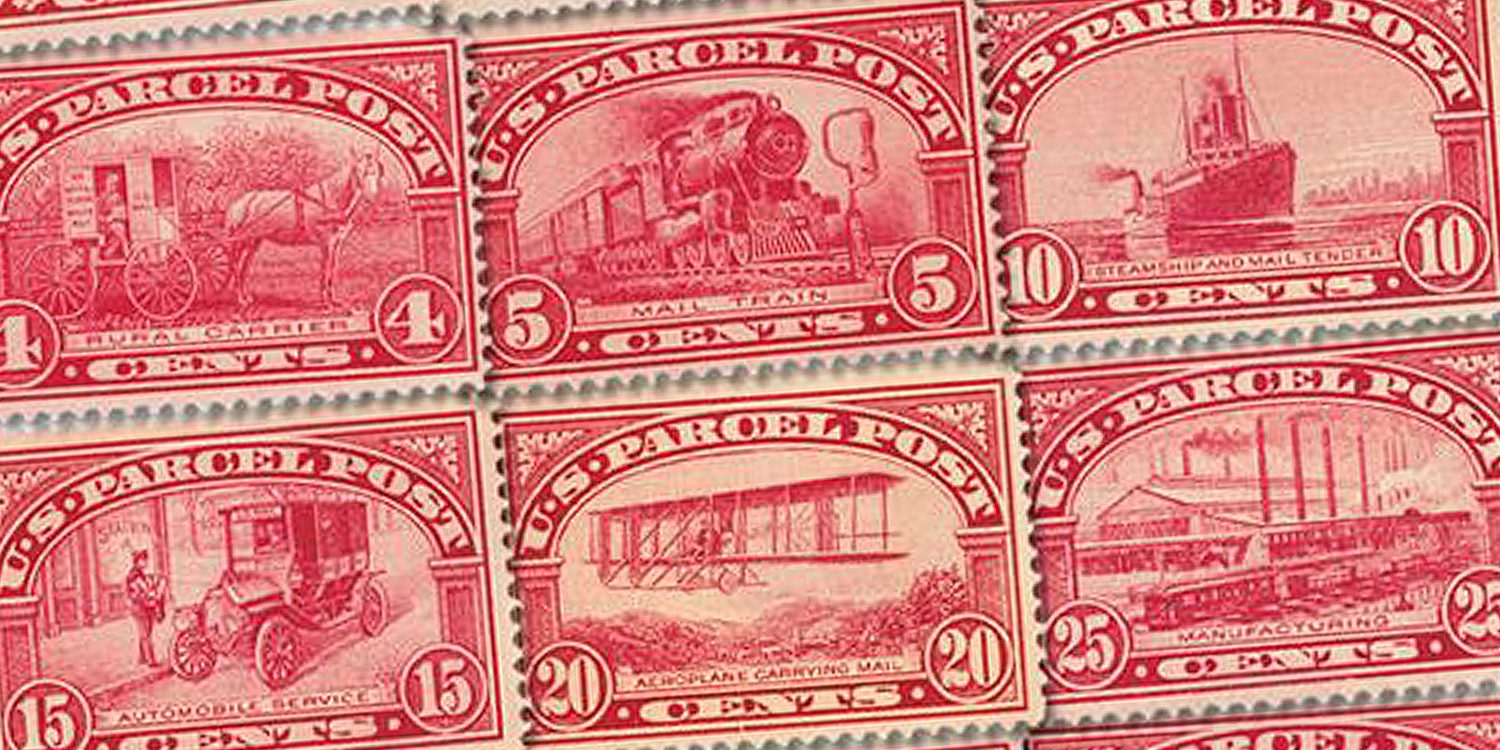
On February 19, 1914, parents in Idaho took advantage of the affordable Parcel Post rate to mail their daughter to her grandmother’s house. It was one of several instances of people mailing children using stamps.
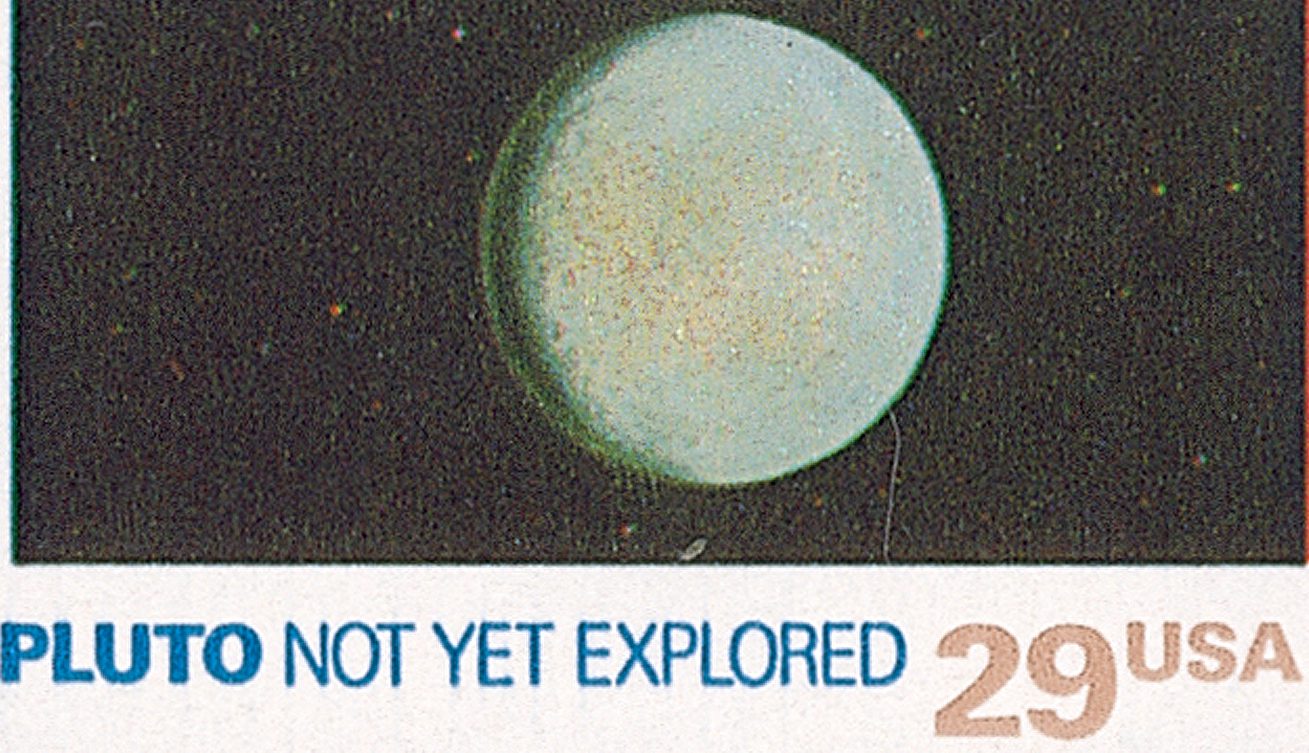
On February 18, 1930, Clyde Tombaugh discovered Pluto after nearly a year of searching. It would be another 85 years before the US sent its first space probe there – inspired by a postage stamp!

On February 5, 1945, the US began a secret operation to overthrow Hitler with postage stamps.

On January 28, 2013, the USPS issued the first stamp in its Global Forever Series. These stamps were created to simplify sending international mail.
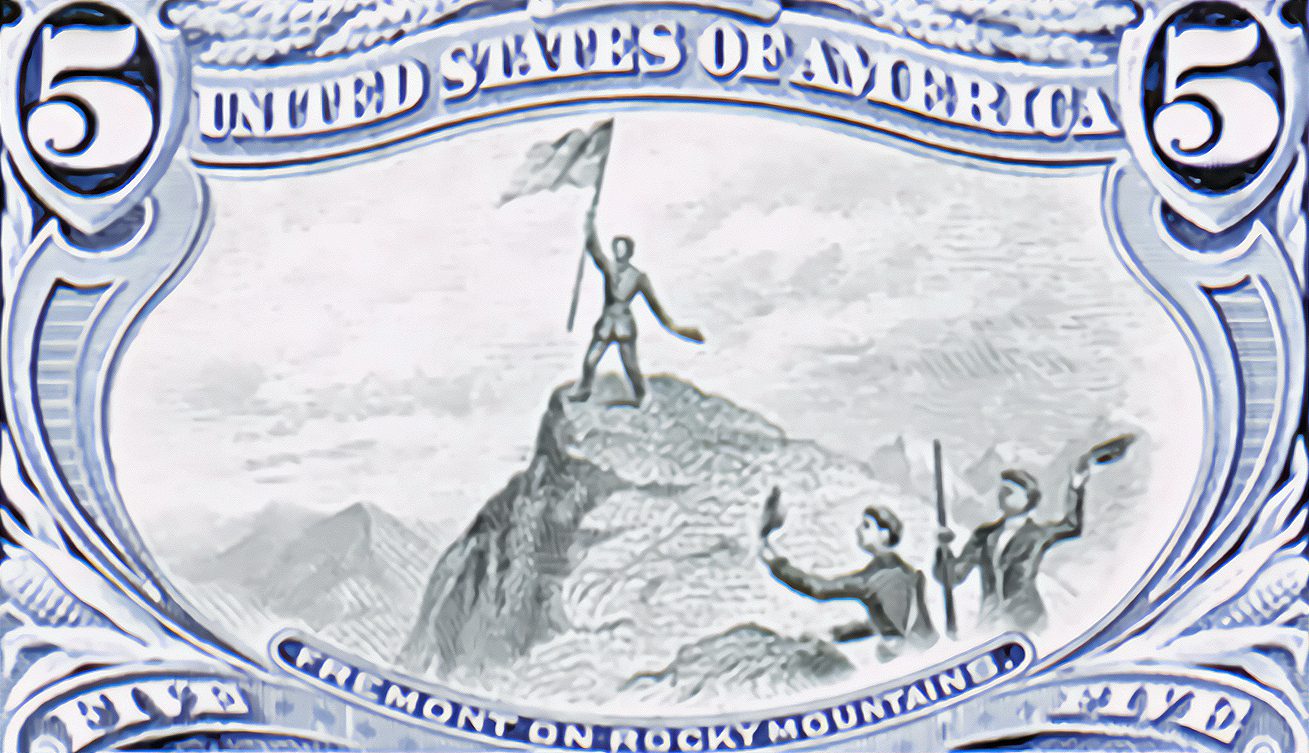
John C. Frémont was born on January 21, 1813 in Savannah, Georgia. An explorer and soldier, he developed the first scientific map of the American West and was known as “The Pathfinder.”
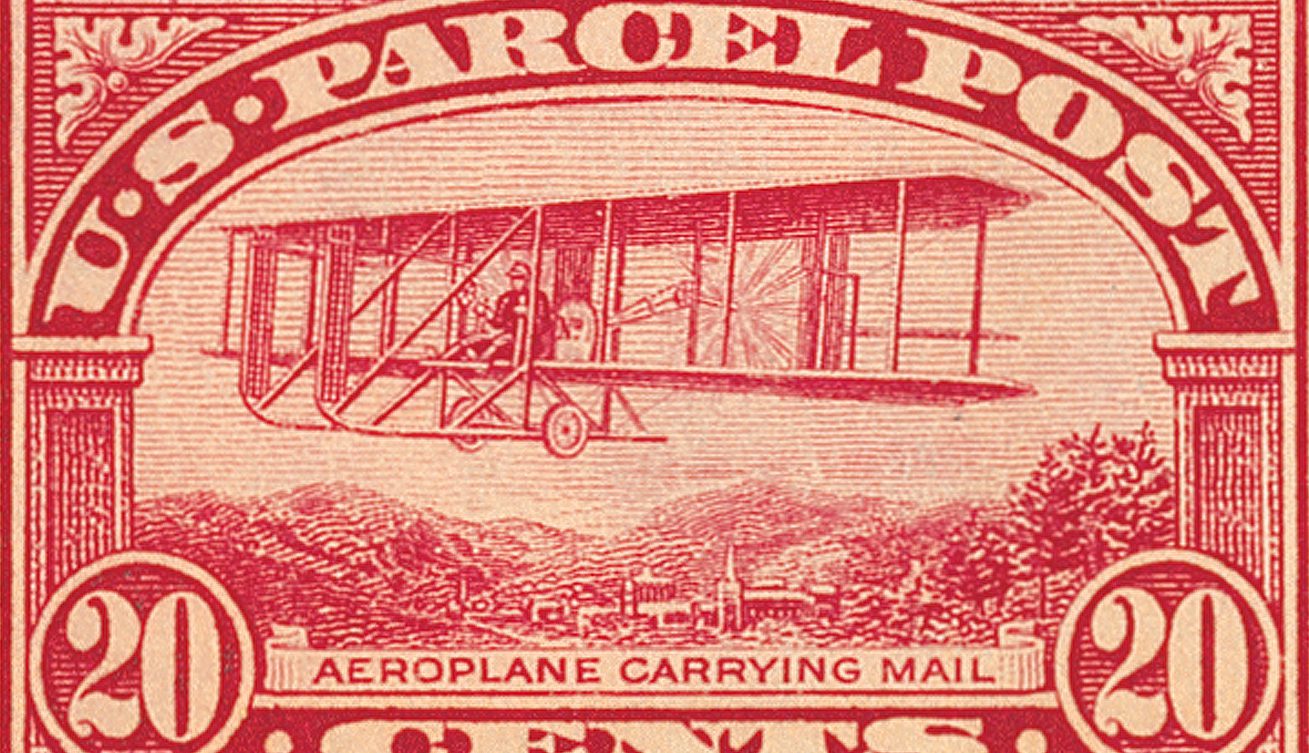
On December 16, 1912, the United States issued the world’s first stamp to picture an airplane – a 20¢ Parcel Post issue.